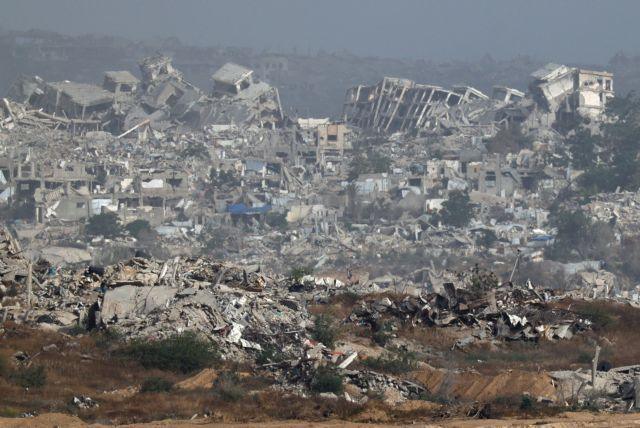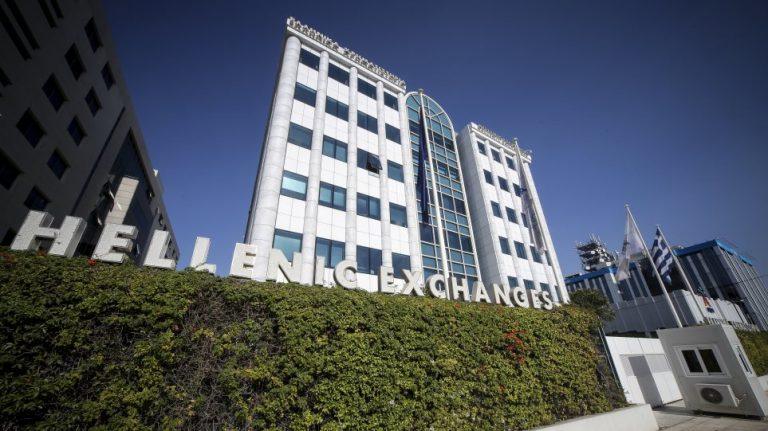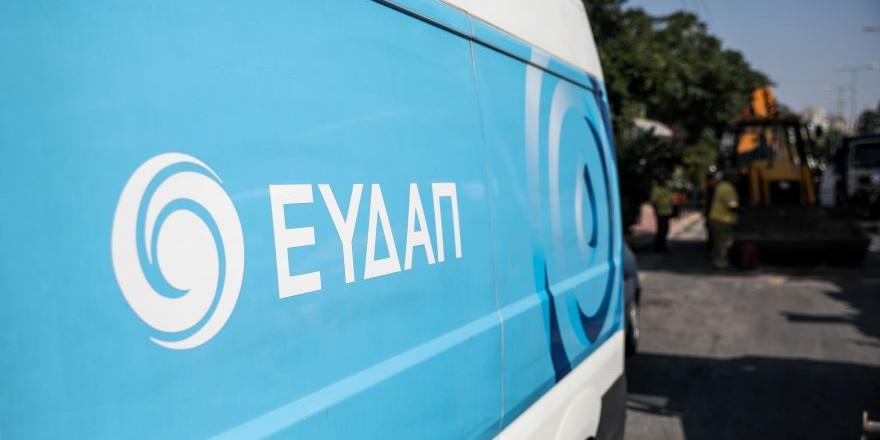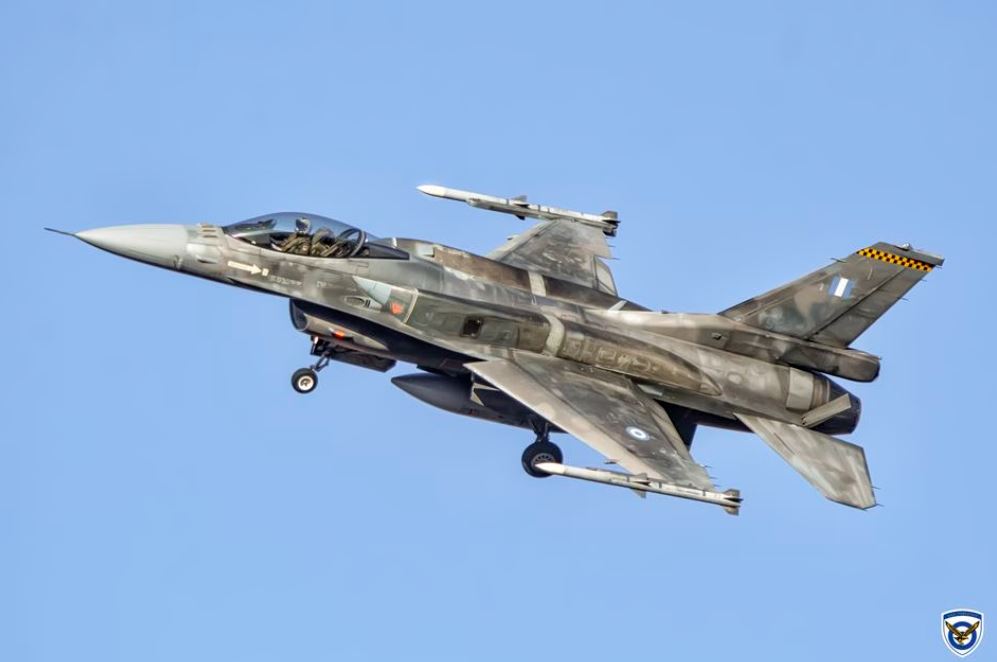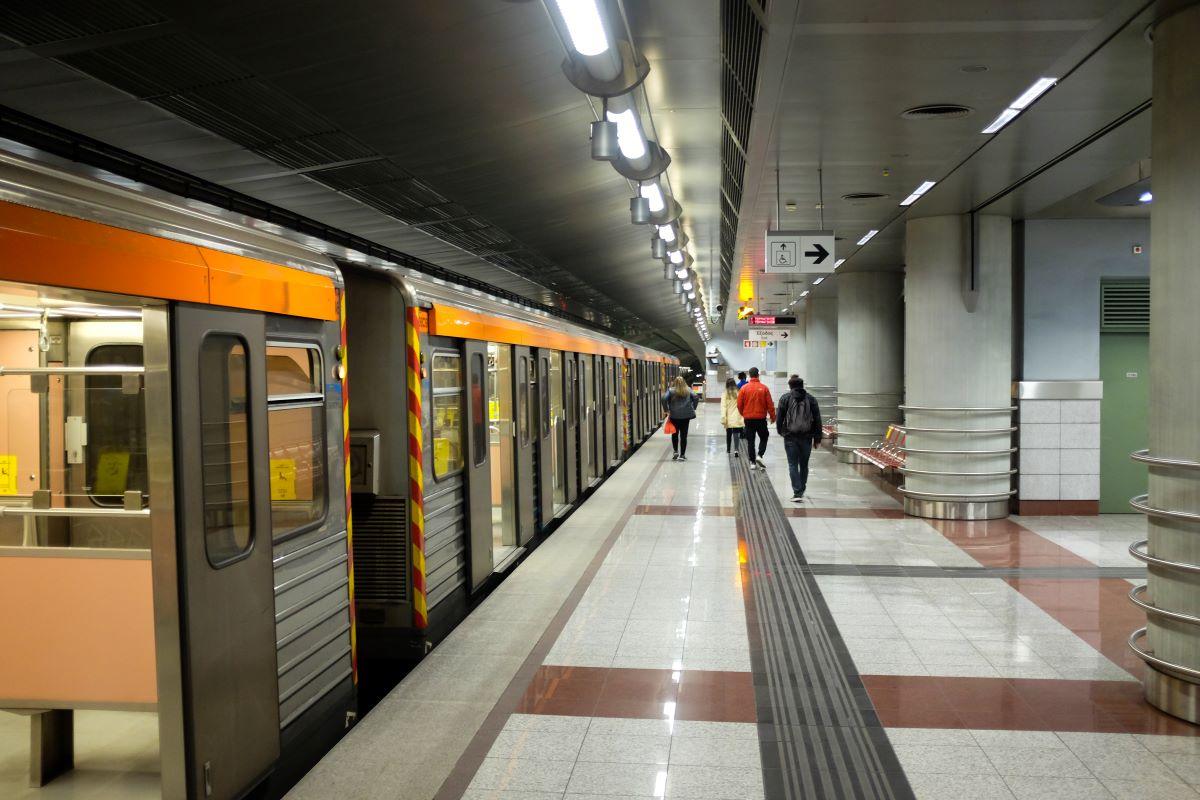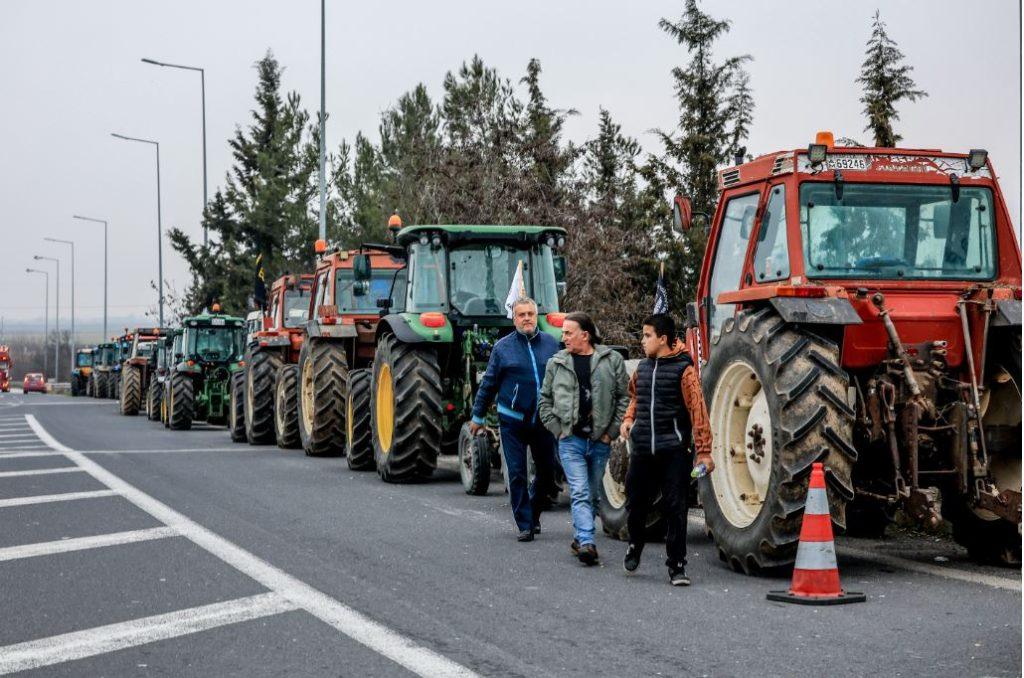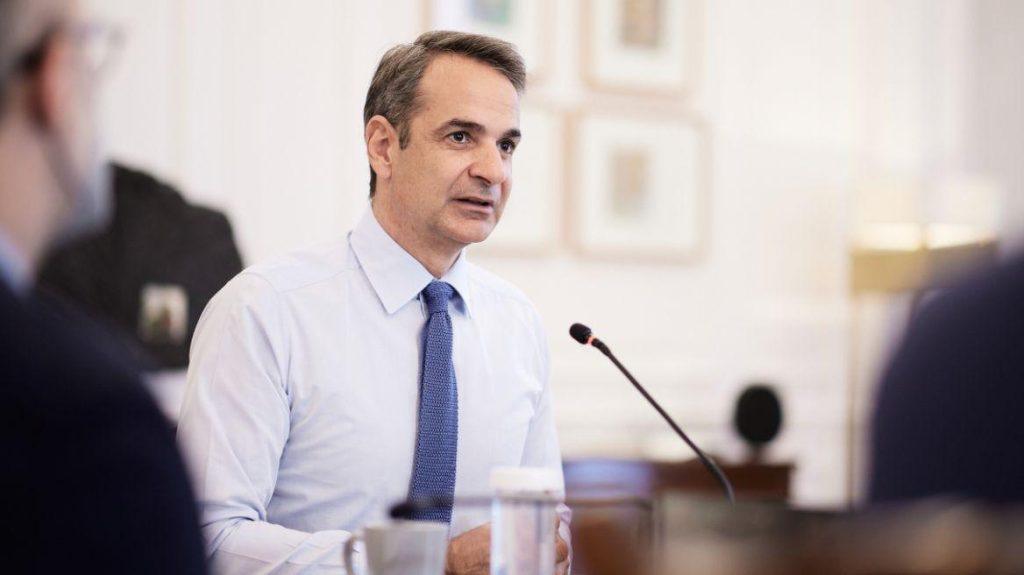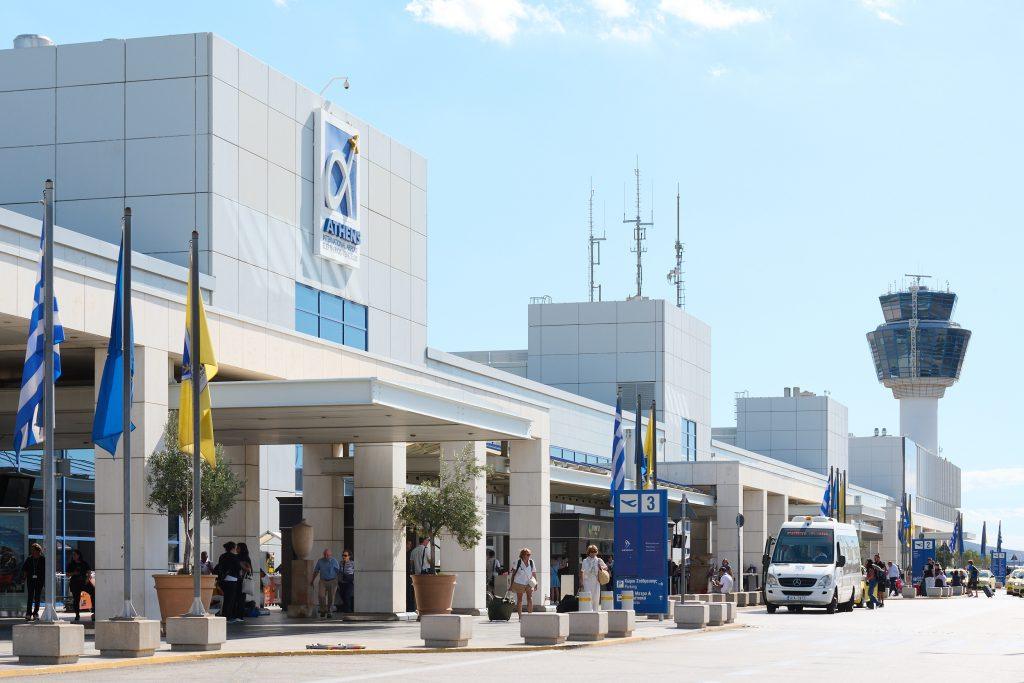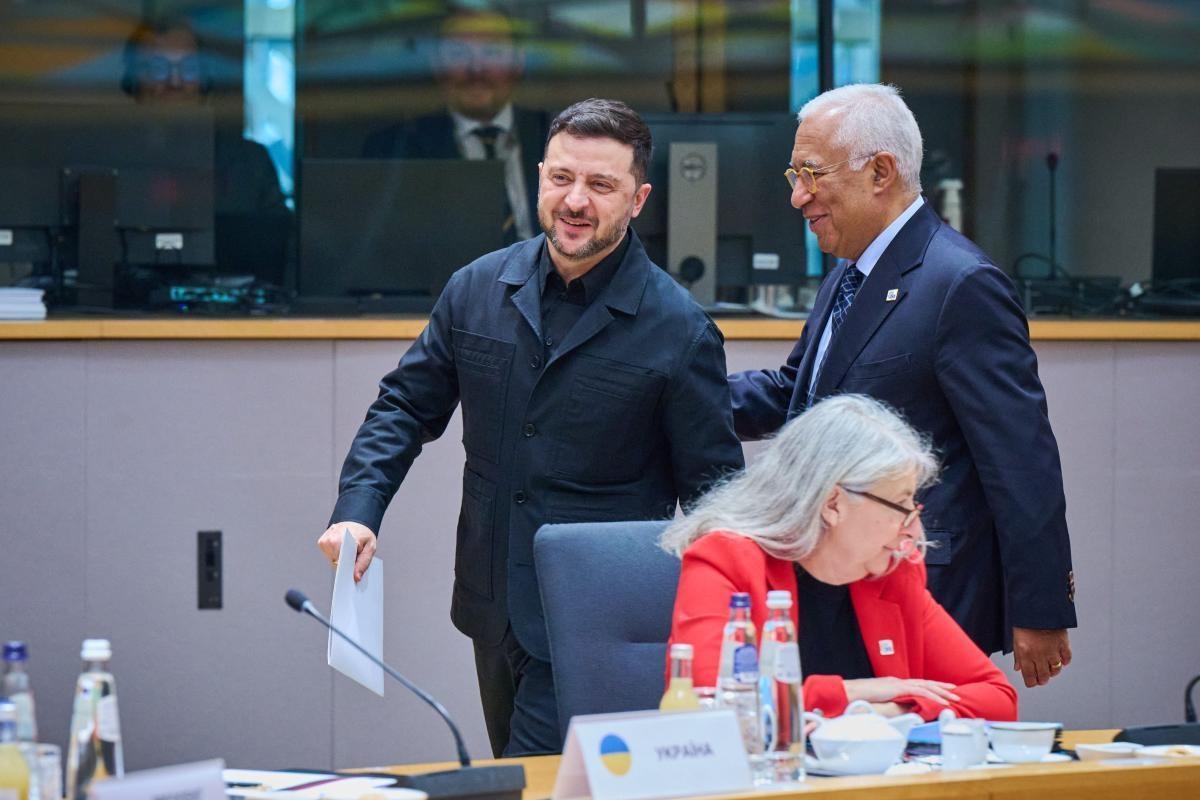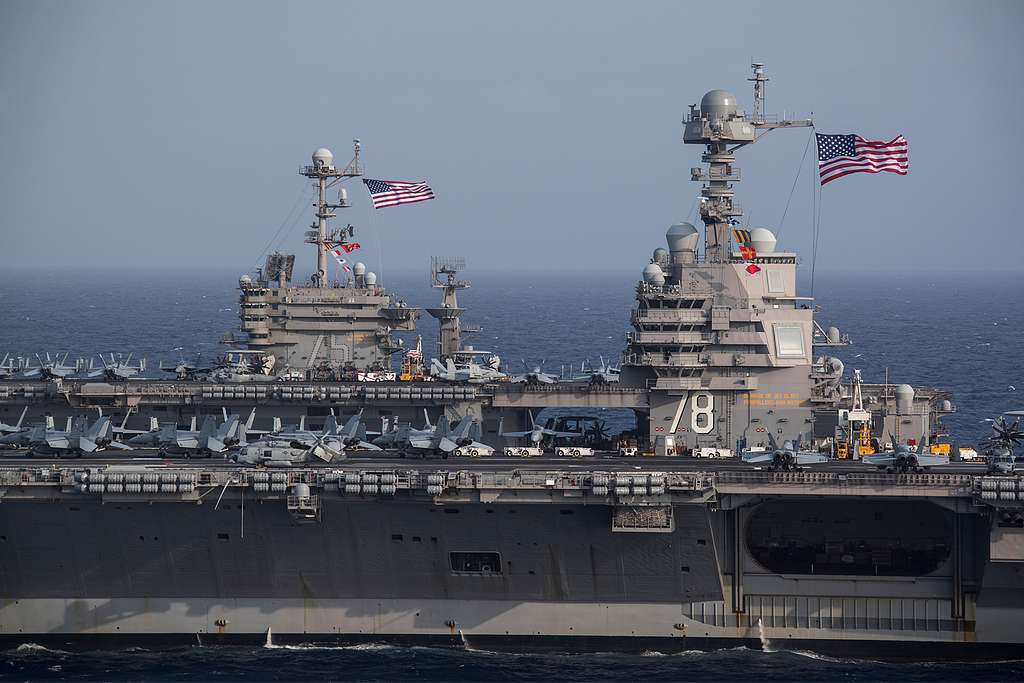Greece’s coast guard announced the arrest of nine men – all considered Egyptian nationals – on charges relating to the deadly capsizing of a dilapidated fishing trawler turned migrant boat this week off southwest Greece, in international waters.
The nine are suspected of being the crewmembers aboard the now sunk migrant boat, and face felony charges of establishing a criminal organization and the illegal transport of migrants.
The official death toll remains at 79, although an urgent and intense investigation is underway by Greek authorities and Frontex officials to determine how many people were actually aboard the ill-fated vessel. Survivors number 107, all males, and mainly from Egypt and Syria, but also from Pakistan and two men who claimed they are Palestinian. Of the bodies recovered, only one was female.
Along with testimonies by survivors, several NGO and pro-migration activists have thrown out number ranging from 300 to 500 to even 750 people loaded onto the decks, quarters and hull of the vessel.
Meanwhile, a report aired on Thursday afternoon by the Athens-based Skai channel claims the fishing trawler initially set off from Egypt, stopping in Tobruk, Egypt, and then sailing north in an attempt to reach Italy, a now preferred destination for migrant smugglers operating from North Africa.
In a related development, and speaking to the same media outlet, a Greek coast guard spokesman, Cmd. Nikos Alexiou, said nearby patrol boats would have capsized the vessel – earlier than when it overturned on its own hours later – had they had attempted any mooring.
“We could have caused a maritime accident had we intervened; there was a danger of causing it to capsize,” he said, in deflecting criticism that the coast guard didn’t initiate other actions earlier.
The vessel capsized and sank some 47 nautical miles southwest of the harbor town of Pylos, in international waters and in a spot where the Mediterranean has its greatest depth.
Greek authorities said repeated offers for assistance were rejected by the operators of the fishing trawler. The latter continued traveling at roughly five nautical miles per hour in a north-northwesterly course in fair weather until the vessel’s engine reportedly failed after midnight.
Alexiou said the vessel capsized 10 minutes after its engine stopped; meaning that a load shift – i.e. panicked passengers – may have been avoided if it continued sailing on its own power.
“We weren’t dealing with gun or drug smugglers, any violent interference with a vessel loaded with so many people would have shifted the load…We stood by if needed to rescue people, and that’s what we did. We were alerted by the Italian coastguard to the existence of the vessel… the vessel was located, it was approached by freighters; they received supplies from one and then refused (further assistance). One of our surface vessels later arrived…and they (operators) said they didn’t want a rescue, and didn’t want to come to Greece. In surveying the situation, we didn’t leave, we didn’t disengage. After midnight they lost the engine, people moved, the vessel lost its center or gravity and capsized.”
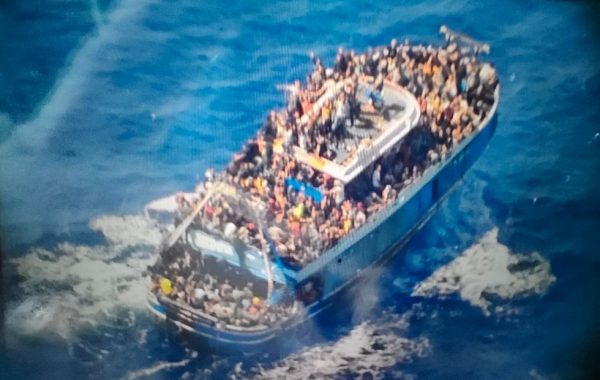
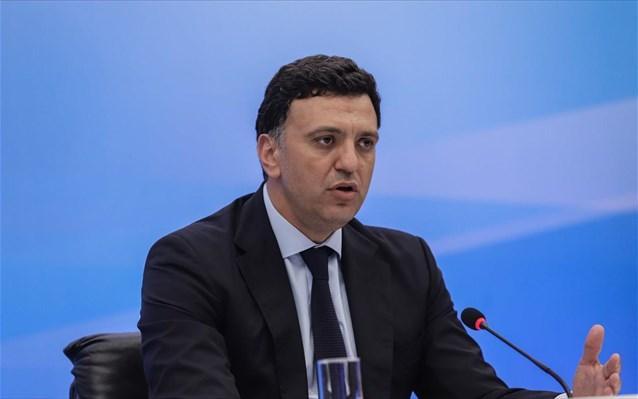





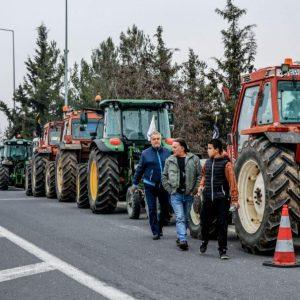




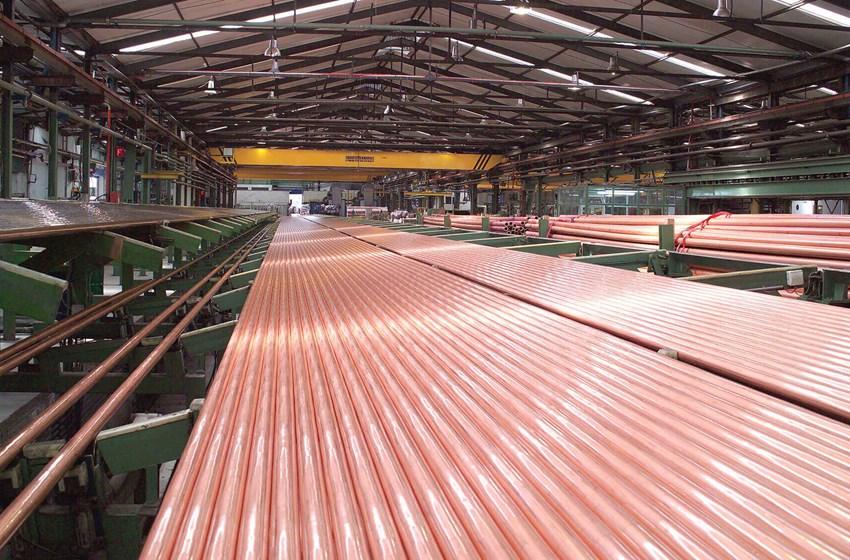
![Airbnb: Πάνω από 90% οι πληρότητες για Χριστούγεννα και Πρωτοχρονιά [πίνακας]](https://www.ot.gr/wp-content/uploads/2025/12/ot_airbnb_christmas.jpg)

